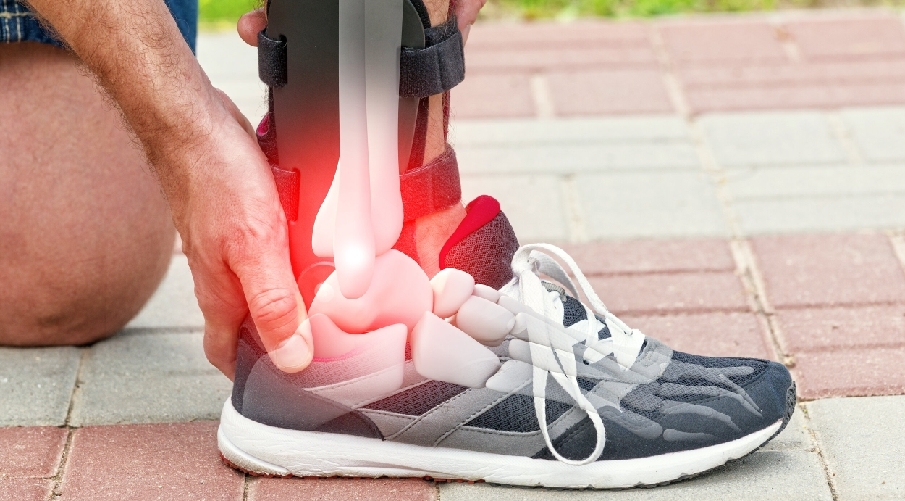People often don’t realize just how important it is to wear footwear that’s supportive and well fitting.
It plays a critical role in not only helping keep them mobile but also pain free. Unfortunately, wearing supportive well fitting shoes is, at times, not enough for those with specific foot types and certain foot conditions.
In such cases, orthopedic shoes may be recommended.
All You Should Know About Orthopedic Shoes:

When to look for orthopedic shoes?
Orthopedic shoes may be required if you have a toe or foot deformity, a severe or complicated foot injury, an open sore, very wide bunions, or even a neurological disease that affects the feet.
The more abnormal your foot mechanics are, the higher the chances that you will be required to wear orthopedic shoes.
What are orthopedic shoes?
Orthopedic shoes are those type of shoes that accommodate or support the structure and mechanics of the foot, leg, and ankle and are designed specifically to accommodate or support a certain medical condition.
They usually have several medically beneficial functions and features that distinguish them from regular footwear, which include a torsionally strong, properly rockered midsole and outsole to help you walk normally.
Revitalign is a good one too. One of our editors wears them and he says they are rounded to help you walk normally. We work with him for years and could not guess that he is wearing ones until we started discussing on this topic and he himself revealed that fact to us.
So you should look for rounded ones that help ypu walk normally. What this means is that the sole should not bend easily and it should ideally be rounded.
The shoe should also have a removable sock liner for accommodating custom orthotics.
Various widths should also be available to ensure the right fit for different foot shapes along with a heel counter that’s appropriate for the medical need of the patient.
How to know if you need orthopedic shoes?
Parts of the body start breaking down as we age, so older people will often require orthopedic shoes.
Still, orthopedic shoes may be recommended for people of all ages since poor foot mechanics can affect everyone regardless of age.
Fortunately, today’s orthopedic shoes are no longer ugly.
There are several stylish options available for patients of all fashion tastes and ages.
How to select the right ones?
When it comes to selecting orthopedic footwear, it is always advisable to consult a certified podiatrist.
The podiatrist will conduct a full assessment of your lower limbs and tell you whether you can benefit from using orthopedic shoes.
The podiatrist will also measure your feet properly and let you know which orthopedic features are needed for your foot condition and type.
The fact that a shoe is classified as “orthopedic” doesn’t guarantee that it will be of similar quality and offer similar benefits to other orthopedic shoes.
A certified podiatrist can provide you with the necessary advice to ensure that you remain mobile and pain free.
